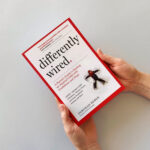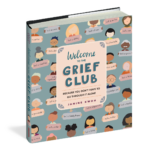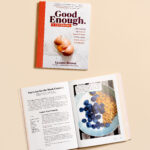February is American Heart Month, and I’m not talking about romance (although, yes, that too). In the spirit of maintaining your most important muscle, read below for one of the 109 surprisingly easy—and potentially life-saving—tips found in Prevent, Halt & Reverse Heart Disease, by Joseph C. Piscatella and Barry A. Franklin, Ph.D.
Heart Saver #109: Brush and Floss Your Teeth
A number of studies show a link between periodontal (gum) disease and an increased risk of heart attack. In fact, it’s estimated that a person with periodontal disease is two to three times more likely to have a heart attack than one without periodontal disease.
Here’s the theory. Plaque that builds up on the teeth produces chronic inflammation of the gums, causing irritation, redness, swelling and bleeding when you brush. If the plaque isn’t removed, the gums separate from the teeth, leaving pockets that fill with bacteria. The most common strain found in these pockets is Streptococcus sanguis. When it enters the bloodstream, this bacteria may be a significant causative factor in heart attacks and strokes.
Dental bacteria seem to undermine cardiovascular health in three ways. First, infections from dental plaque can cause injury to coronary artery walls. Second, people with gum disease are more likely to produce an inflammatory response that may place them at elevated risk of suffering a heart attack. And finally, gum disease can initiate blood clotting.
Given all of the above, it seems prudent to:
- Brush your teeth at least twice a day. Electric toothbrushes, rinses, and toothpaste help to prevent periodontal disease.
- Floss at least once a day.
- See your dentist for regular cleaning.
- Be sure your diet includes plenty of complex carbohydrates, especially fruits and vegetables. Reduce sugar and highly refined carbohydrate foods such as baked goods.
- Chew sugarless gum to help fight dental decay. Gum containing xylitol, a sweetener made from birch bark, has been shown to partially suppress the growth of cavity-promoting bacteria in the mouth.
—Avery, whose favorite tip is #37, Get a Massage.





1 Comment
CLAUDIA MOON
April 9, 2012 at 11:08 amvery nice blog